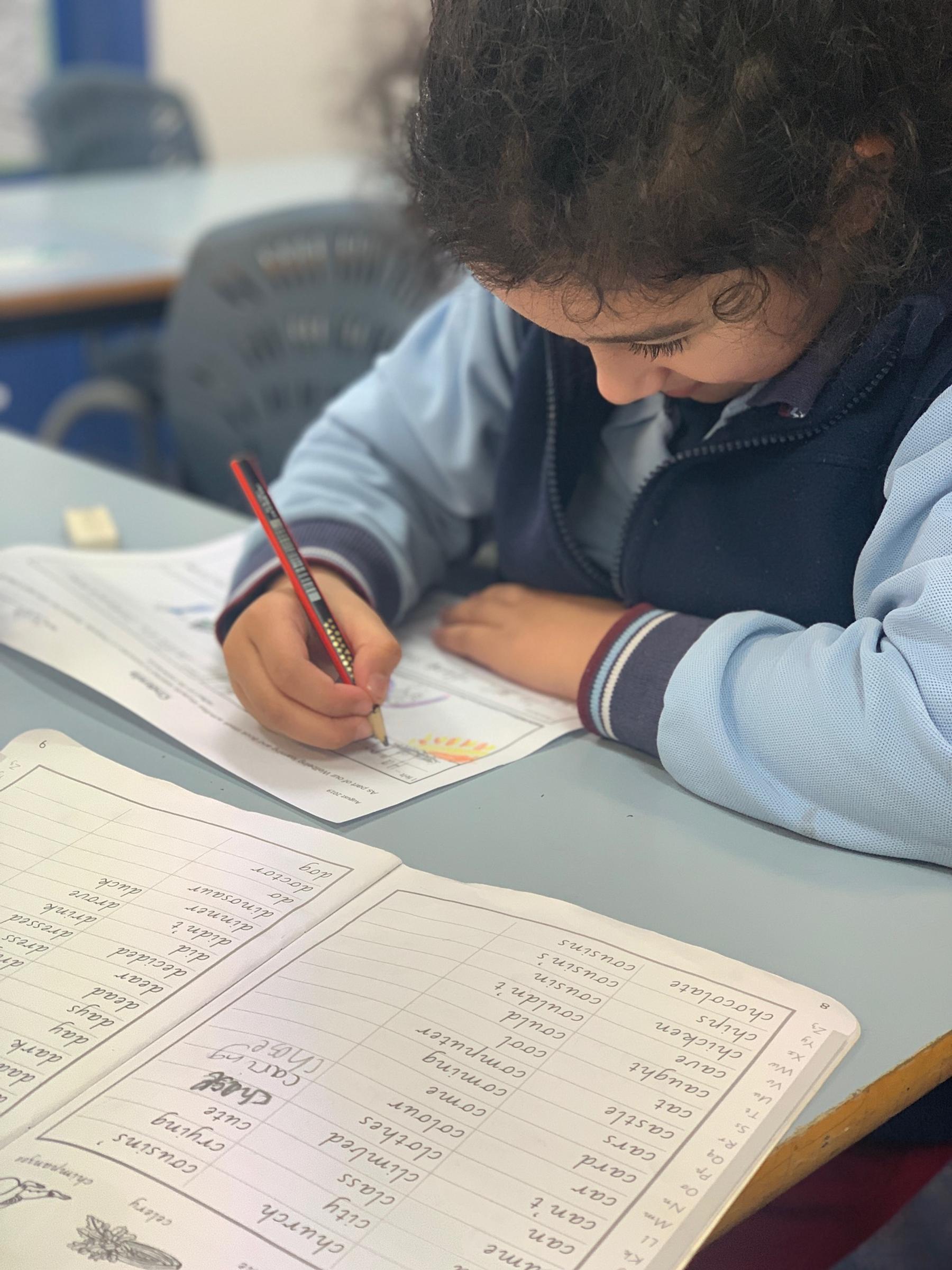Curriculum Corner

Homework!
Homework can take many forms. For example, primary school children might be asked to
- do worksheets or longer projects
- do some reading or writing
- collect interesting objects to share with the class.
Secondary school children are more likely to get different homework tasks for different subjects. These might be maths activities, writing tasks, research projects, practical or creative tasks and so on.
Benefits of homework?
Homework can help your child:
- practise and get better at skills they are learning in class
- get ready for the next day’s work
- work on longer research or creative projects
- learn time management and organisational skills, like working to deadlines and finding a balance between work and play.
Homework has benefits for parents too – it gives you the chance to see what your child is learning about at school. Showing interest in your child’s homework is a great way to let your child know that you value learning and education.
Making homework work
Find the right time. For some children, the best time to get homework done will be soon after they get home from school. Others might like a break to play and unwind before starting on homework. Young children can concentrate for only about 15 minutes at a time before they need a brief break. Even older children need breaks. You can encourage your child to do some neck stretches, arm shakes and finger wriggles or play outside for a few minutes.
No matter when your child does homework, it’s useful to have a regular time for homework each week. It’s great if your child can do homework when you’re around to support and encourage him. You can motivate your child to do homework by setting a time limit on homework and making time for your child to do the things she likes, like watching TV or playing outside, when they are finished.
Create the right environment
It’s a good idea to set up your child somewhere that has good light, air and enough space to spread out with books, pens and other resources. Younger children are more likely to work better in a family area like the kitchen table, whereas older children will most likely need their own quiet space.
Wherever your child does homework, try to minimise distractions by turning off the TV and asking younger siblings to play somewhere else. One idea is to make homework time a quiet time for your whole family to read or do other quiet activities.
You could also ask older children to leave their mobile phones with you while they’re doing homework or agree that they can’t use their mobile phones, laptops, computers or tablets for social media, watching videos or playing games until homework is finished. You could encourage children to do homework in family areas rather than bedrooms so that you can supervise and help more easily.
Help your child get organised
You can show your child how to break down big assignments or projects into smaller, more manageable tasks. They then may plan to do one task each night. If they have several different assignments in one week, help them plan what to do each night.
Older children might benefit from a homework planner or planning app so they can see when assignments are due and get themselves organised with a plan and study reminders.
Help your child develop a positive approach
Schoolwork isn’t always easy. Your job is to help your child develop a positive approach to academic and organisational challenges.
If your child avoids challenges, encourage them to sort the tasks into those they find easy and those they find difficult. Your child might prefer to do ‘easier’ tasks first to build their confidence before tackling the more difficult tasks. Or they may want to do the most challenging tasks first, before she’s too tired. If your child is struggling with a particular assignment, you could help them approach the problem positively by getting he/she to pinpoint what they are finding difficult. From there, you can brainstorm some solutions together, weighing up the pros and cons of the different options to find the best one. You can also help your child identify people or resources that could help him further.
Children often have trouble getting started on projects or coming up with ideas. You might be able to get things off to a good start by helping your child break projects into smaller parts or map out steps.
Be a coach
When it comes to homework, it can help to think of yourself as your child’s coach. You can support your child by creating the right time, environment and approach for homework, but doing the work is ultimately your child’s responsibility.
If you do the homework for your child, your child won’t develop important academic skills. He/She also won’t learn what to do when they are faced with a problem like lack of time, conflicting priorities or a task he/she doesn’t understand.
Being the coach might mean you have to let your child ‘fail’ sometimes – but remember that children learn from failure as well as success. What really counts is the attitude you both have to these failures. When your child does have homework troubles, try talking with him about what he could do better next time. Always praise your child for trying and for doing his best, especially on tasks he has found hard. It doesn’t matter if he hasn’t finished things perfectly.
Working with the teacher
Try to set up a friendly working relationship with your child’s teacher. That way, you can easily talk to each other about your child’s schoolwork and homework. If your child is in secondary school, you could start by talking with her home-room (or home-group, pastoral or form) teacher or subject teacher.
